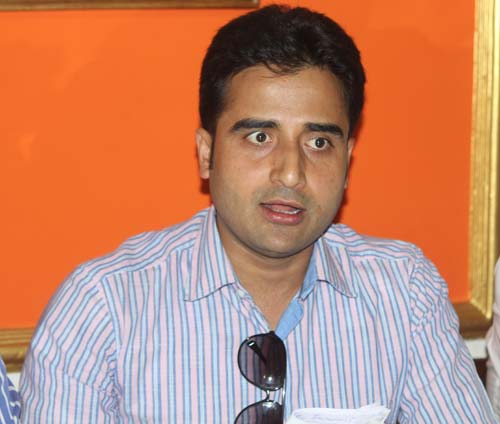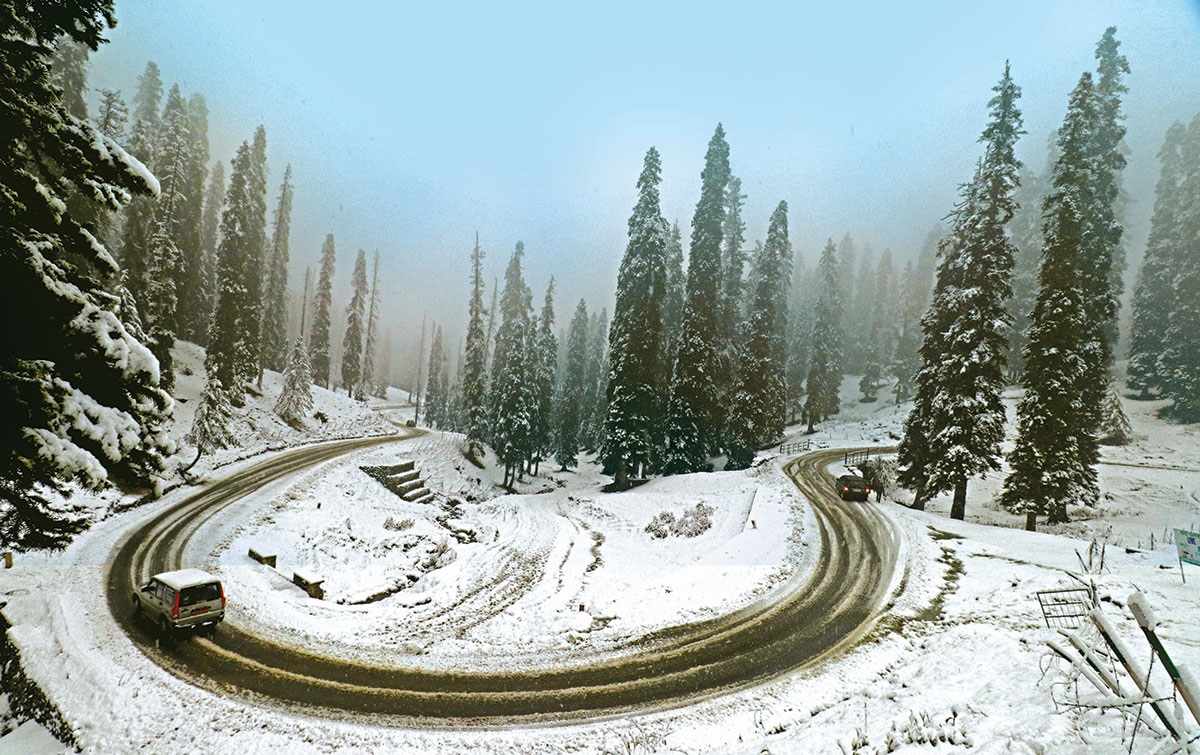by Farooq Amin
I recently undertook a business trip to Egypt, famous for its rich history and some of the world’s most famous monuments, including the Giza Pyramid complex and The Great Sphinx.
With Libya in its west, Sudan in its south and Gaza Strip and Israel to the east, Egypt is the pivot of international politics. A transcontinental nation, it bridges Africa and Asia, while possessing a waterway that connects the Mediterranean Sea with the Indian Ocean via the Red Sea.
I must confess that my visit infused me with a brandished spirit for enterprise in difficult times. My discussions with the business fraternity as well as the common people of Egypt earned me some vital insights which I think could be crucial to the economic growth and sustenance of Kashmir.
I learnt that after having gone through a long recess of sustained economic nosedives, Egypt’s economic conditions improved considerably by liberal economic policies introduced by the government. Today, the mainstays of Egyptian economy are agriculture, media, petroleum exports and tourism, although the main revenue generating stump is tourism as well as traffic that traverses the Suez Canal. The country has also exploited its natural resources to the fullest, building an energy market based on coal, oil, natural gas, and hydro power.
Back in Kashmir we are aware that tourism is the mainstay of our economy but we have not been able to put a policy into place that would propel our tourism sector to full potential. In fact, we have not been able to even realize the potential that our tourism industry holds for our economic upliftment. In case of Egypt, the booming tourism-based economy has come about owing to the slashing of customs and tariffs and a sizeable decrease in corporate taxes.
I noticed a wide array of similarities between the population of Egypt and that of my homeland Kashmir, in terms of culture, traditions, customs and general tastes. Egyptians are great food lovers and their cuisine is very similar to our traditional cuisine. Ful (pronounced “fool,” bean paste), tahini (sesame paste), Koushari (lentils, macaroni, rice, and chickpeas), Aish baladi (a pita-like bread), Kofta (spicy, minced lamb), and Kebab (grilled lamb pieces) are the most popular.
Just like Kashmir, Egypt welcomes foreigners and visitors with open arms. Egyptians welcome you into their houses even though they might never have seen you before. This has been the tradition in Kashmir also. Majority of the population is Sunni Muslims, another similarity. In Egypt, if you start a debate about something with an individual or two, you are sure to draw crowds. Egyptians talk among themselves about current issues. This trait reminded me of Kashmir where crowds gather at every drop of the hat. Egypt has a variety of national dishes. Egyptian women are beautiful and well educated, spending a great part of their lives being cherished and looked after by their parents until they get married.
I would say the aura of Egypt was so laden with the smells of Kashmir. It threw me into a subtle nostalgia reminding me of the rich customs and traditions of my motherland, while my inquisitive mind dug deeper into the booming economy of this intriguing country. While my visit to Egypt drew to a close, I was convinced that the Egyptian economic model would be greatly beneficial for us to follow back in Kashmir. If we are able to brand Kashmir just like the Egyptians have succeeded to brand, we would surely witness our economy touching hitherto unknown heights.
At the same time I also learnt certain things pertaining to Kashmir which really upset me. I was invited to a talk show on a local Egyptian FM radio station, wherein I was told by the host whether the “rumour” about Kashmir being a “warzone” was true. I was shell shocked on hearing this. While I was on air I tried my best to clear the misconceived notion that Kashmir is a “warzone”. But I am not sure how far my efforts would have helped undo this notion. My further interactions with the people in Egypt strongly confirmed the fact that the community in Egypt and bordering countries in Africa, believed that “Kashmir is a warzone” and deemed it risky to visit. I tried my best to convince the people I interacted with that Kashmir is not at all a “warzone” and as a matter of fact the situation is normal.

Based on my dreadful experience vis-a-vis distorted facts pertaining to Kashmir, I would request the government of Jammu & Kashmir to introduce measures for branding Kashmir in the global arena in a positive and sustained manner. Our tourism sector holds lot of potential but if false perceptions about Kashmir are not refuted and the obscured image not cleared, we may never be able to tap this sector. We have lessons to learn from highly potent tourism-driven economies like Egypt. Unless and until we nourish the brand image of Kashmir, we would be a far cry from triumph.















